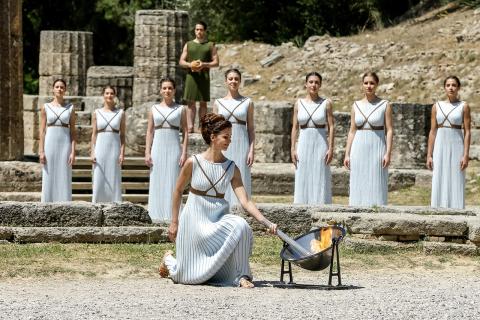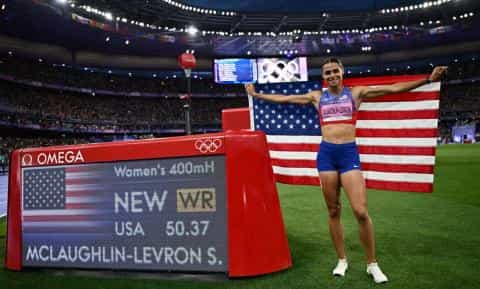
The ancient Greek Olympics, a grand spectacle of athletic prowess and cultural significance, were the birthplace of many of today’s athletic events, with running being one of the most celebrated. The origins of the Olympics date back to 776 BC in Olympia, where athletes from various city-states would gather to compete and honor the gods, particularly Zeus.
Running events were among the most prominent and fiercely contested in the ancient Olympics. The main races included:
Among the most famous runners was Leonidas of Rhodes, who dominated the Olympic Games for over a decade in the 2nd century BC. Leonidas won a remarkable twelve individual Olympic victories, earning titles in the stadion, diaulos, and hoplite races across four consecutive Olympics. His legacy endures as a symbol of athletic excellence.
In ancient Greece, running was not merely a sport but a vital aspect of their culture and daily life. It was seen as a measure of physical fitness and moral virtue, embodying the Greek ideals of arete (excellence) and kalokagathia (noble character). Victorious runners were celebrated with laurel wreaths, statues, and songs, cementing their status as heroes.
The significance of running extended beyond the Olympics, influencing military training and education. The Greeks believed that a sound body was essential for a sound mind, and running played a crucial role in this holistic approach to well-being.
The ancient Greek Olympics were a cornerstone of athletic history, with running events at their heart. The legacy of these early competitions continues to inspire modern athletes and running enthusiasts. By understanding the rich history of running in the ancient Olympics, we gain a deeper appreciation for the enduring spirit of athleticism and the timeless pursuit of excellence.
Discover More Content





